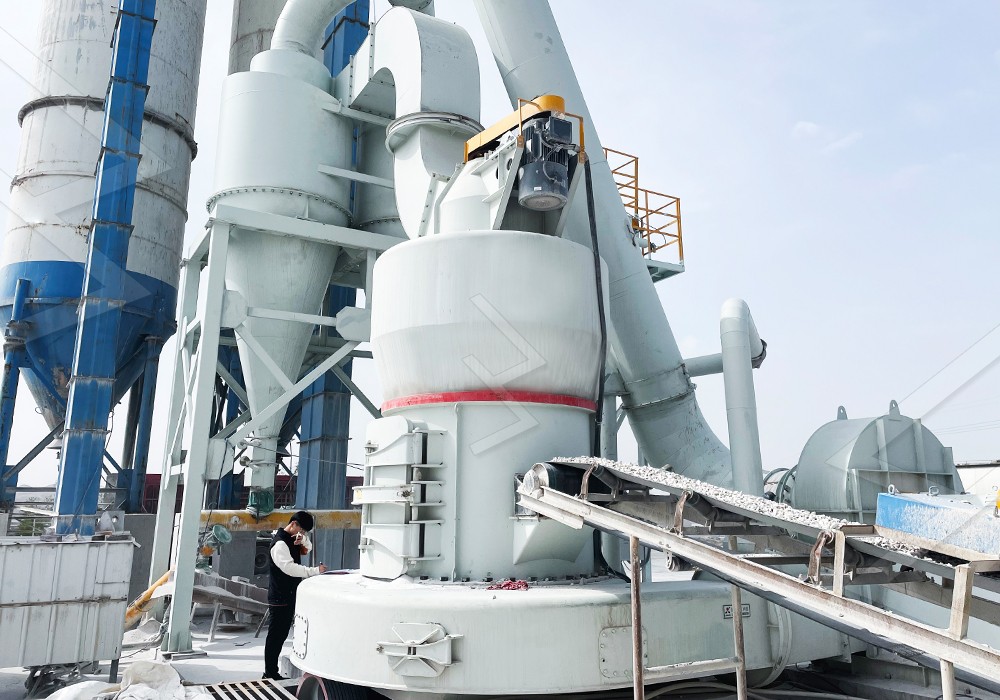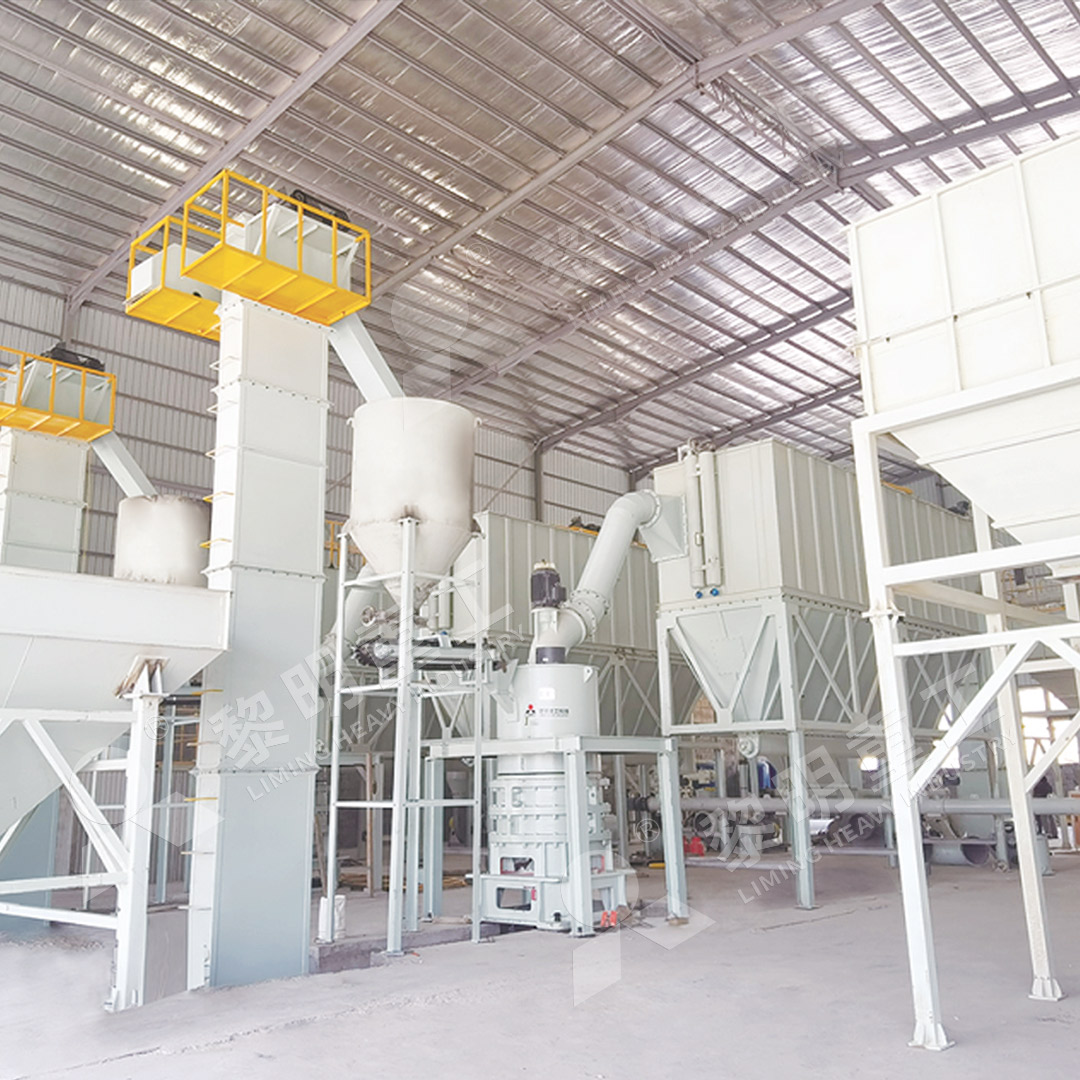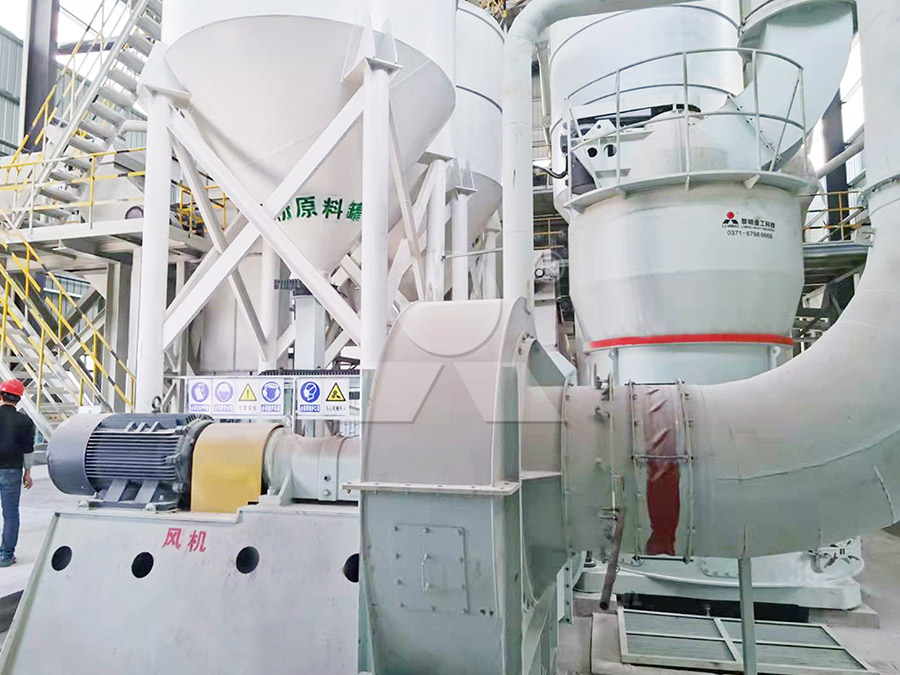Raymond Mill for Ceramic and Glass Industry: High-Efficiency Grinding Solutions
We provide a wide range of mills — including Raymond mill, trapezoidal mill, vertical mill, ultrafine mill, and ball mill, obtained ISO9001 international quality certification, EU CE certification, and Customs Union CU-TR certification. Suitable for processing minerals such as limestone, phosphate, quicklime, kaolin, talc, barite, bentonite, calcium carbonate, dolomite, coal, gypsum, clay, carbon black, slag, cement raw materials, cement clinker, and more.
The discharge range of these mills can be adjusted to meet specific processing needs, typically from 80-400 mesh, 600-3250 mesh, and can achieve the finest particle size of up to 6000 mesh(D50).
If you are looking for a reliable grinding solution to turn stone or minerals into fine powder, please feel free to contact our online customer service.
Raymond Mill for Ceramic and Glass Industry: High-Efficiency Grinding Solutions
The ceramic and glass manufacturing sectors demand precision grinding solutions that deliver consistent particle size distribution, high purity, and operational efficiency. As industries increasingly focus on sustainability and cost-effectiveness, selecting the right grinding equipment becomes paramount for maintaining competitive advantage.

The Critical Role of Precision Grinding in Ceramic Production
Modern ceramic and glass manufacturing requires raw materials to be ground to specific fineness levels to achieve desired product characteristics. Whether producing technical ceramics, decorative tiles, or specialty glass, the uniformity of raw material particles directly impacts final product quality, structural integrity, and aesthetic appeal. Traditional grinding methods often fall short in meeting these stringent requirements while maintaining economic viability.
Our extensive research and development in grinding technology has led to innovative solutions specifically engineered for the unique challenges of ceramic and glass production. The MW Ultrafine Grinding Mill represents a significant advancement in this field, offering unparalleled performance for operations requiring ultra-fine powder production.
Advanced Technology for Superior Results
The MW Ultrafine Grinding Mill is specifically designed for customers who need to make ultra-fine powder with exceptional consistency. With an input size capacity of 0-20 mm and production rates ranging from 0.5 to 25 tons per hour, this machine provides the flexibility needed for various production scales. The integrated efficient pulse dust collector and muffler system ensures minimal environmental impact while maintaining workplace safety standards.
What sets this equipment apart is its innovative grinding mechanism that eliminates rolling bearings and screws within the grinding chamber. This design eliminates concerns about bearing damage or sealing part failures, while preventing machine damage caused by loose screws. The external lubrication system allows for maintenance without shutdown, enabling continuous 24-hour production cycles essential for modern manufacturing operations.

Key Advantages for Ceramic and Glass Applications
The MW Ultrafine Grinding Mill delivers substantial benefits that directly address the needs of ceramic and glass manufacturers:
- Higher Yielding with Lower Energy Consumption: Newly designed grinding curves of grinding roller and grinding ring enhance grinding efficiency by 40% compared to jet grinding mills and double the output of traditional ball grinding mills, while reducing system energy consumption to just 30% of jet grinding mill requirements.
- Precise Fineness Control: The cage-type powder selector, incorporating German technology, allows adjustable fineness between 325-2500 meshes with screening rates achieving d97≤5μm in a single pass, ensuring consistent product quality batch after batch.
- Environmental Compliance: Complete dust removal through pulse collection technology makes operations eco-friendly, while silencer and noise elimination components maintain workplace comfort and regulatory compliance.
Complementary Solution: LUM Ultrafine Vertical Grinding Mill
For operations requiring even greater precision, our LUM Ultrafine Vertical Grinding Mill offers additional advantages. With an input size of 0-10 mm and capacity of 5-18 tph, this mill integrates the latest Taiwanese grinding roller technology with German powder separating technology. The unique roller shell and lining plate grinding curve design generates material layers more effectively, enabling high rates of finished products through single-pass powder milling.
The LUM mill’s double position-limiting technology ensures operational stability by preventing destructive impacts during machine vibration, while the reversible structure simplifies maintenance procedures. These features make it particularly suitable for high-purity applications where contamination must be minimized.

Real-World Applications and Benefits
Manufacturers implementing these advanced grinding solutions report significant improvements in product quality and operational efficiency. The ability to precisely control particle size distribution has enabled ceramic producers to achieve more consistent sintering results and improved surface finishes. Glass manufacturers benefit from the high purity levels maintained throughout the grinding process, crucial for optical and technical glass applications.
The digitalized processing employed in both the MW and LUM mills ensures high precision manufacturing of core components, contributing to extended equipment lifespan and reduced maintenance requirements. With sufficient spare parts supply and comprehensive technical support, operations can continue uninterrupted, maximizing productivity and return on investment.
Frequently Asked Questions
What makes the MW Ultrafine Grinding Mill suitable for ceramic applications?
The MW Mill’s ability to produce ultra-fine powder with adjustable fineness between 325-2500 meshes, combined with its contamination-free operation, makes it ideal for ceramic production where purity and consistency are critical.
How does the energy consumption compare to traditional grinding methods?
The MW Ultrafine Grinding Mill reduces energy consumption by up to 70% compared to jet grinding mills and offers twice the output of traditional ball grinding mills with the same power input.
Can these mills handle the hard materials commonly used in glass production?
Yes, both the MW and LUM mills are engineered to process hard materials including quartz, feldspar, and other glass-forming minerals with excellent efficiency and minimal wear.
What maintenance requirements should we anticipate?
The external lubrication system allows for maintenance without shutdown, and the absence of rolling bearings and screws in the grinding chamber significantly reduces maintenance needs compared to conventional mills.
How does the dust collection system benefit ceramic manufacturing environments?
The efficient pulse dust collector ensures no dust pollution during operation, maintaining clean working conditions and preventing contamination of sensitive ceramic products.
